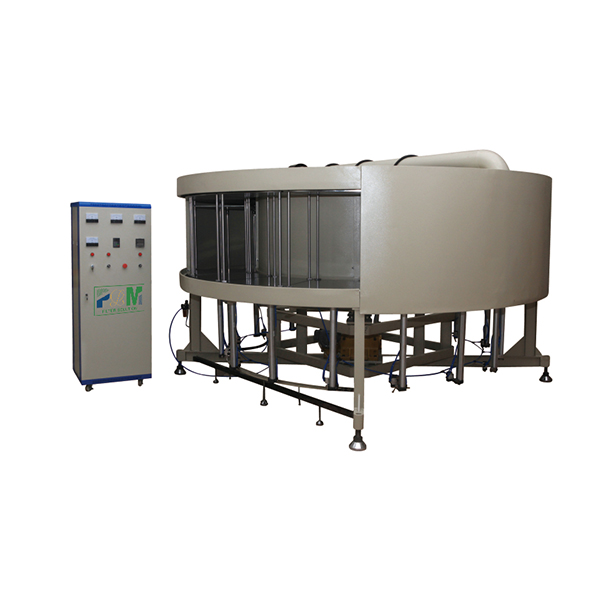Aug . 12, 2024 14:52 Back to list
HEPA Filters in Pharmaceutical Manufacturing for Enhanced Air Quality and Contamination Control
The Importance of HEPA Filters in the Pharmaceutical Industry
In the pharmaceutical industry, the production and development of medications require stringent cleanliness and contamination control to ensure the safety and efficacy of the products. One of the most critical components in maintaining a clean environment in pharmaceutical manufacturing facilities is the use of High-Efficiency Particulate Air (HEPA) filters. These filters have gained recognition for their ability to efficiently capture airborne particles and pathogens, thus playing a pivotal role in safeguarding public health.
The Importance of HEPA Filters in the Pharmaceutical Industry
In the context of pharmaceutical manufacturing, HEPA filters are employed in various critical areas, including clean rooms, processing equipment, and packaging lines. Clean rooms, which are controlled environments where pharmaceuticals are produced, are designed to limit contamination from airborne particulates. HEPA filters are integral to maintaining the air cleanliness levels required by regulatory standards, such as those set by the U.S. Food and Drug Administration (FDA) and the European Medicines Agency (EMA). These filters ensure that the air quality remains within acceptable limits, ultimately contributing to the overall quality of the pharmaceutical products.
hepa filter for pharmaceuticals

Moreover, HEPA filters are instrumental in controlling microbial contamination. In pharmaceutical settings, the presence of bacteria, viruses, and fungi can lead to significant product failures and recalls. By effectively capturing these microorganisms, HEPA filters reduce the risk of contamination, thus empowering pharmaceutical companies to uphold their commitment to patient safety. This is especially crucial during the formulation and packaging stages, where any foreign particles can alter the chemical composition of the medication or introduce harmful microorganisms.
The installation and maintenance of HEPA filters are vital to their effectiveness. Regular inspections and replacements are necessary to ensure that they continue to operate at optimal efficiency. Over time, filters can become clogged with particles, compromising air quality and potentially leading to contamination events. Therefore, pharmaceutical manufacturers must implement a rigorous maintenance schedule, including pressure drop monitoring, to ascertain when filters need servicing or replacement.
Additionally, it is essential to couple HEPA filter technology with other contamination control measures to create a comprehensive approach to environmental safety. This can include using laminar flow cabinets, air showers, and stringent hygiene protocols to further minimize the risk of contamination. By employing a multi-faceted strategy, pharmaceutical companies can bolster their defense against pollutants and ensure adherence to regulatory guidelines.
In conclusion, HEPA filters are a cornerstone of contamination control in the pharmaceutical industry. Their ability to capture a wide range of airborne particles, including harmful microorganisms, makes them indispensable in maintaining the cleanliness of production environments. As the pharmaceutical landscape evolves and the demand for high-quality medications continues to grow, the role of HEPA filters will remain crucial in safeguarding both product integrity and public health. The continued investment in advanced filtration technologies and rigorous maintenance practices will ensure that the highest standards of safety and efficacy are upheld in the pharmaceutical industry.
-
PLAB-6 A B Two Compounds Filter End Cap Gluing Machine - Hebei Filter Man | Precision Adhesive Application, Efficient Production
NewsAug.15,2025
-
PLAB-6 A B Two Compounds Filter End Cap Gluing Machine-Hebei Filter Man
NewsAug.15,2025
-
PLAB-6 A/B Two Compounds Filter End Cap Gluing Machine - Hebei Filter Man
NewsAug.15,2025
-
Premium Active Carbon Air Filter for Purifiers - Odor & VOC Removal
NewsAug.15,2025
-
PLAB-6 A B Filter Gluing Machine - Hebei Filter Man
NewsAug.14,2025
-
PLAB-6 A B Two Compounds Filter End Cap Gluing Machine-Hebei Filter Man Automotive Parts Trading Co., Ltd.|Adjustable Speed&Step Motor Control
NewsAug.14,2025
